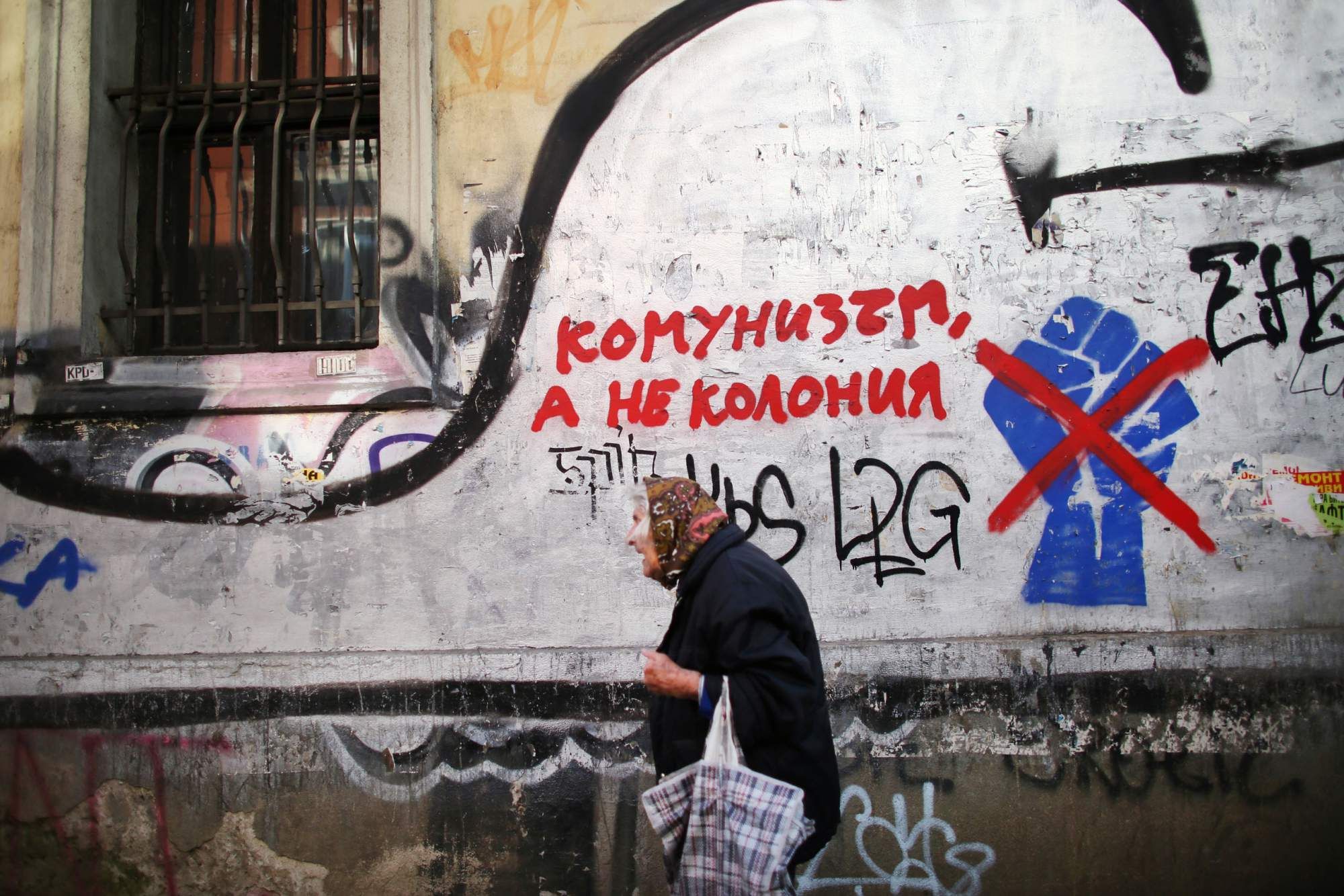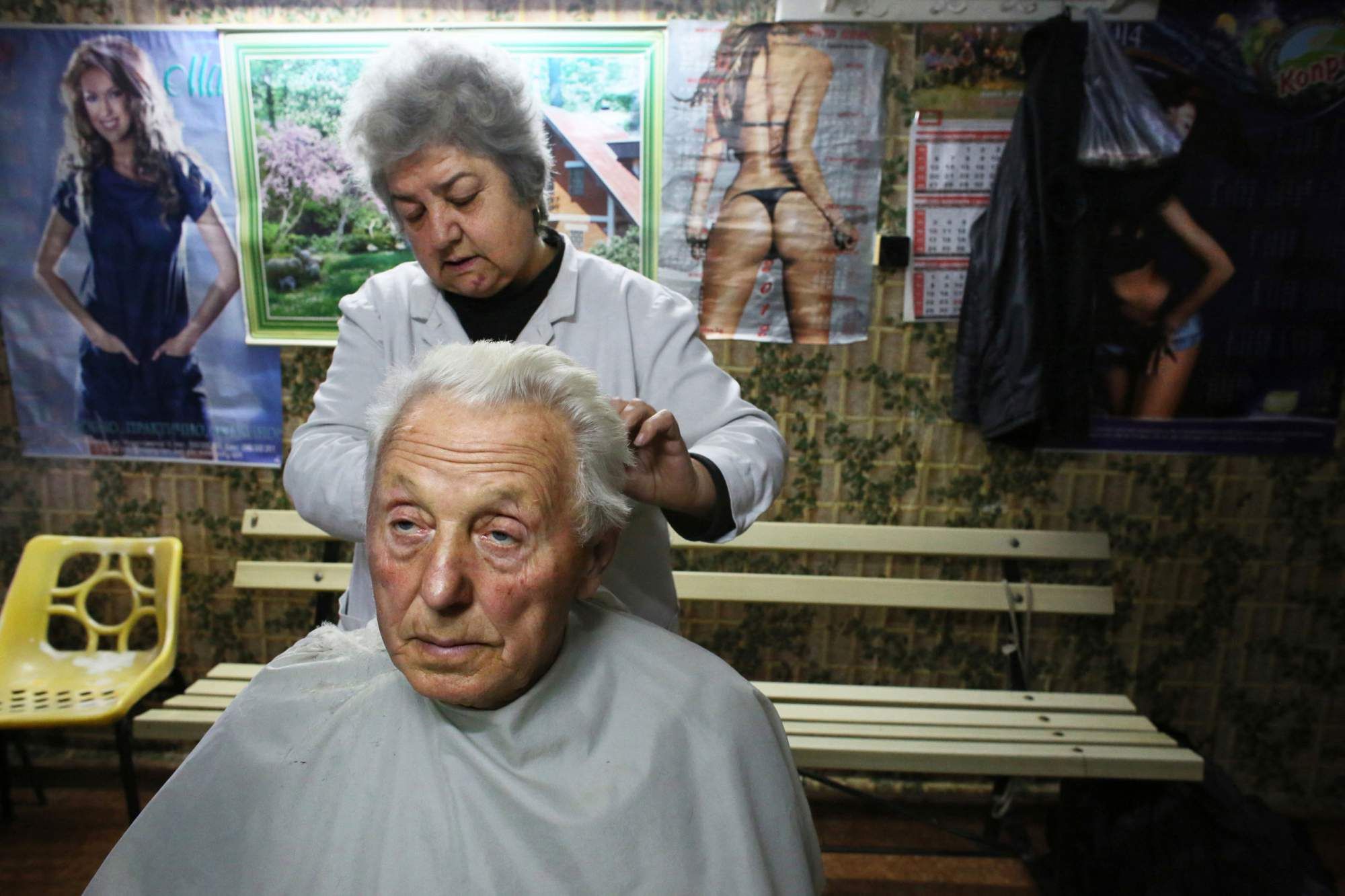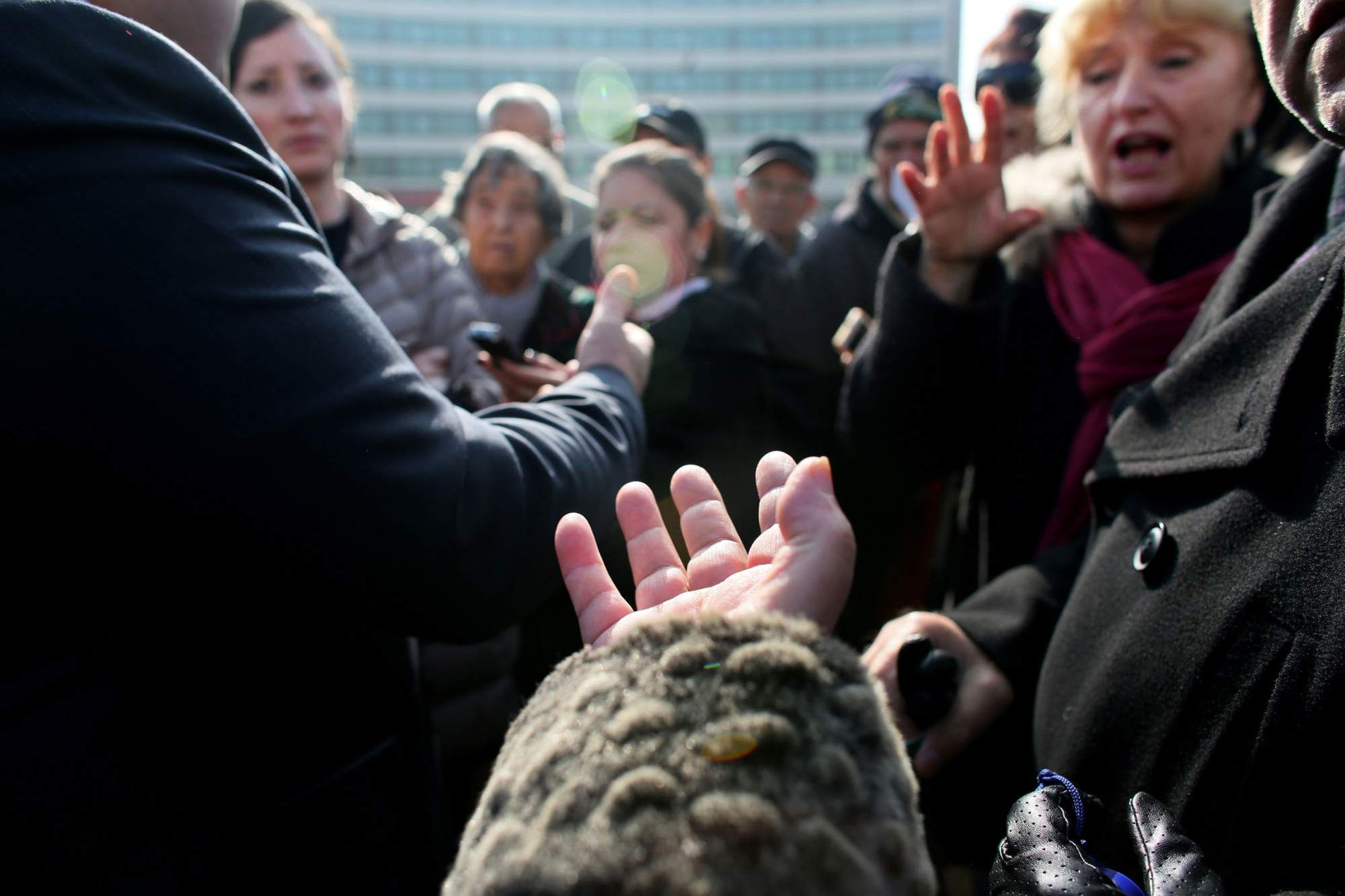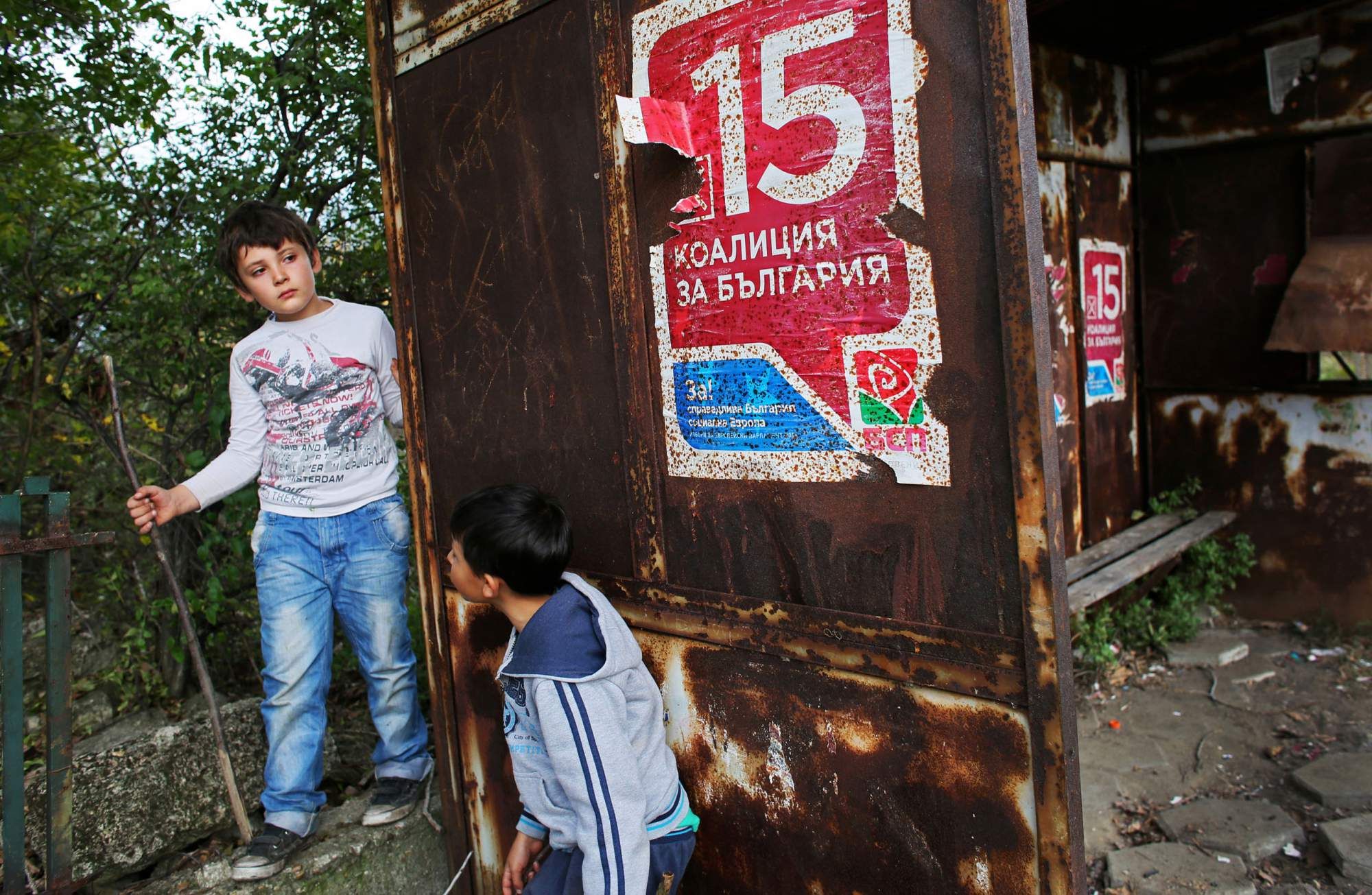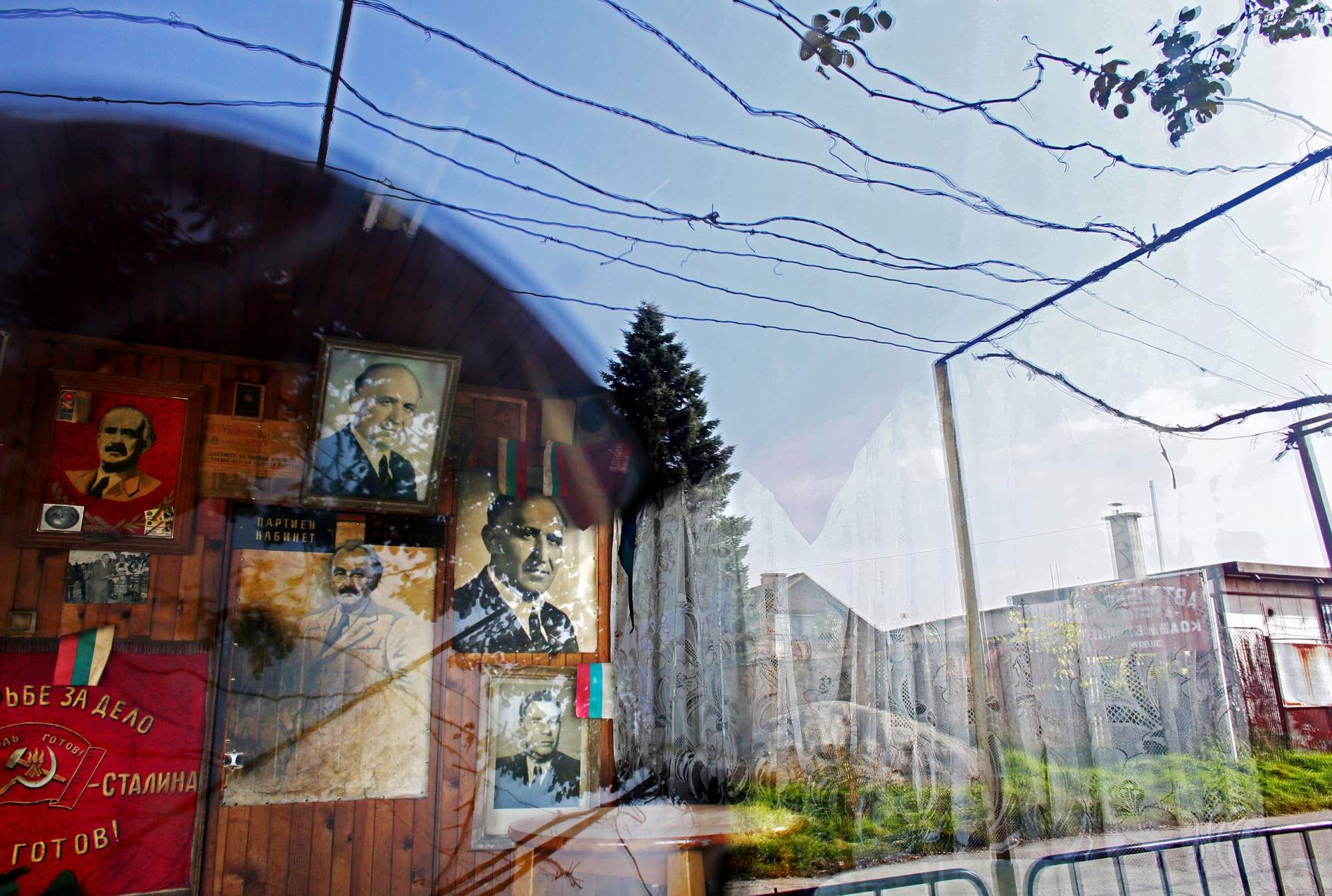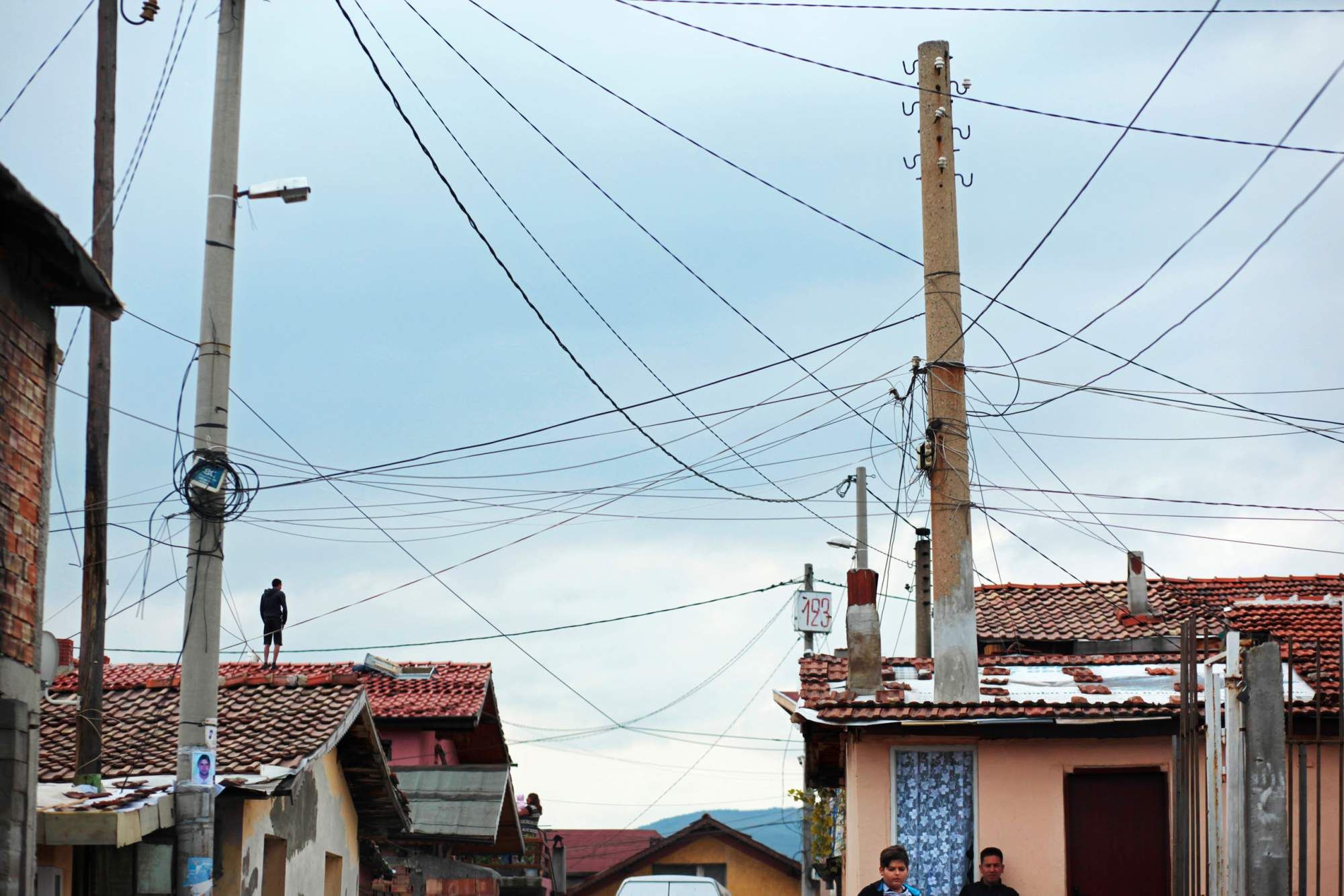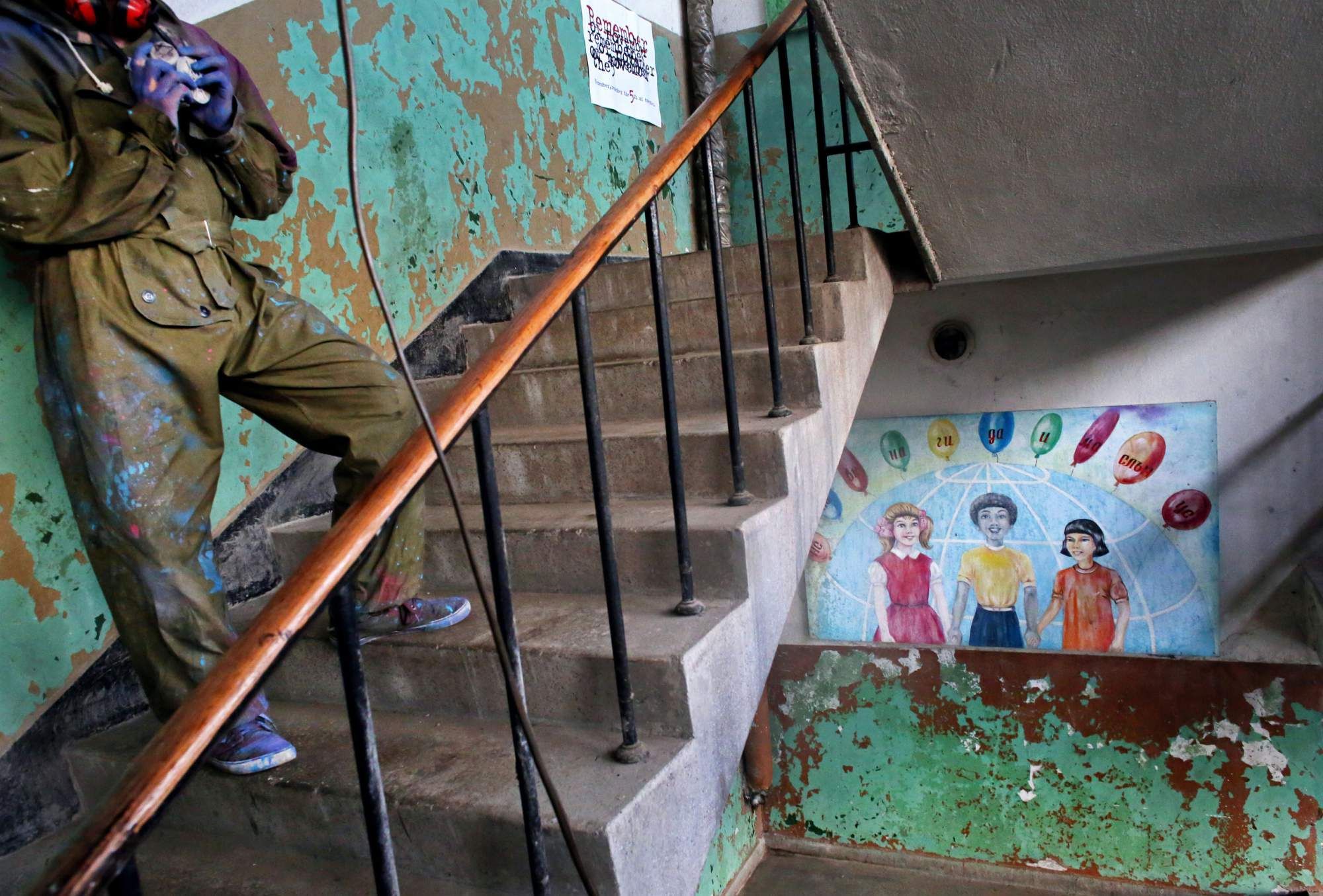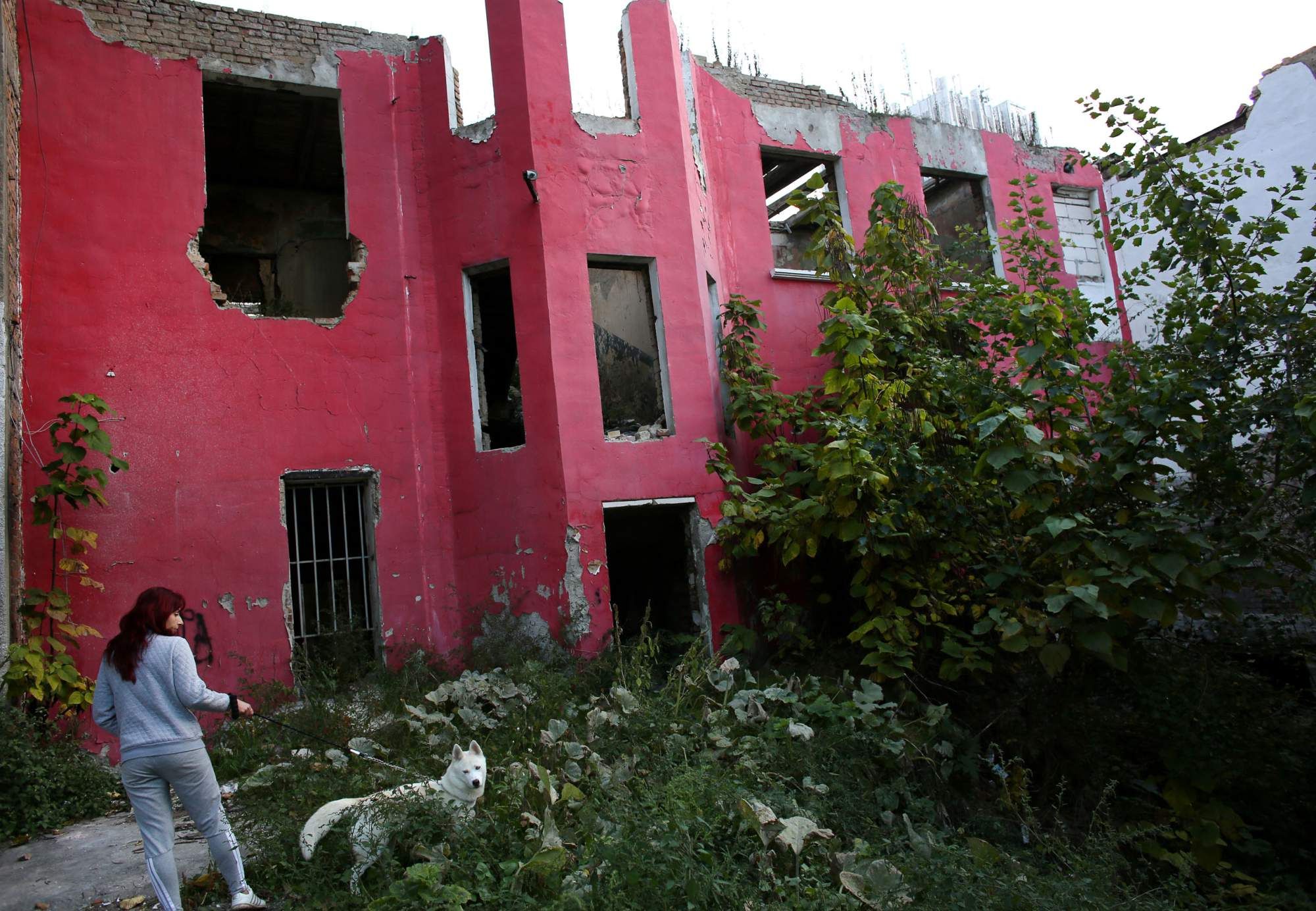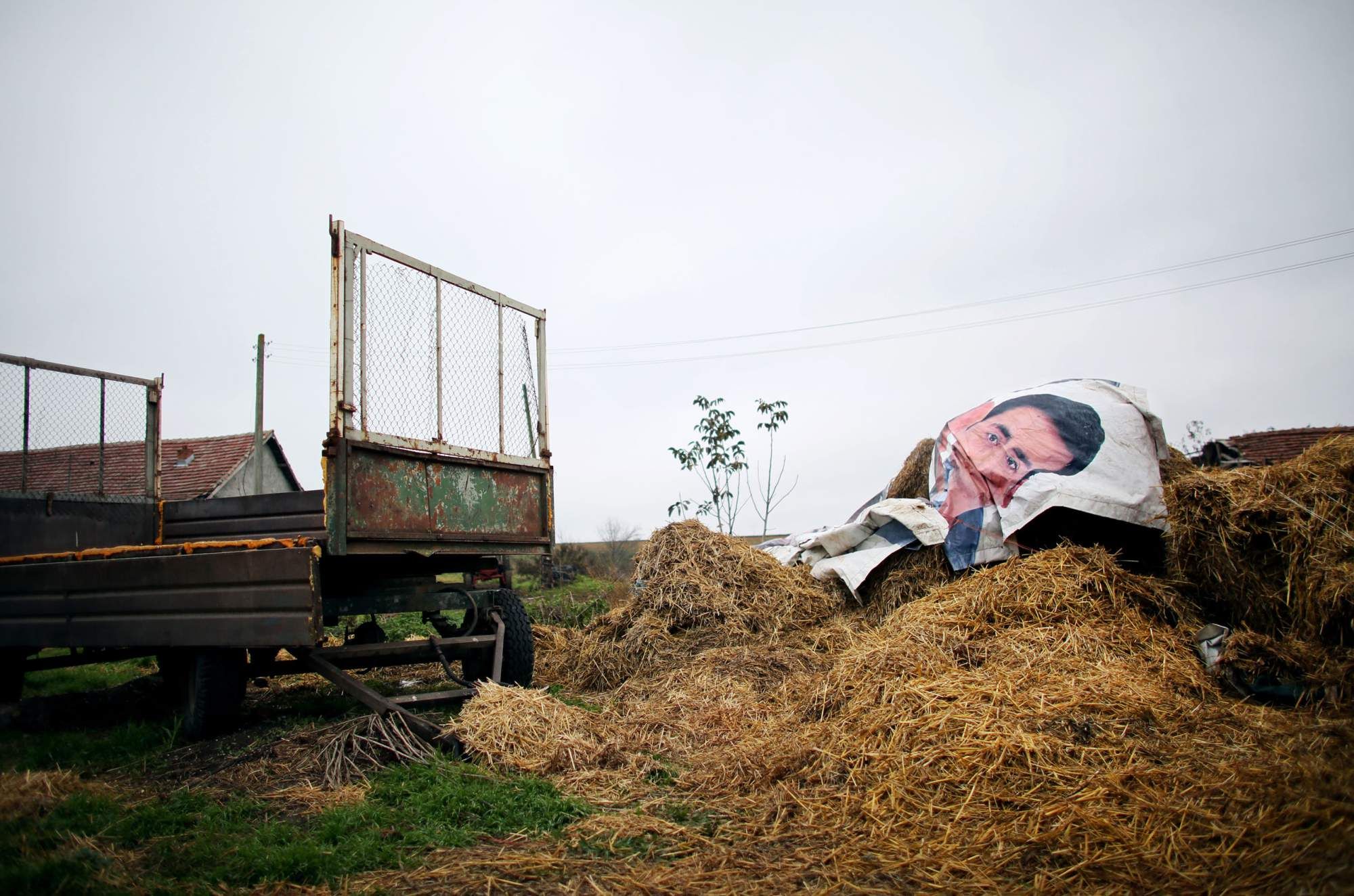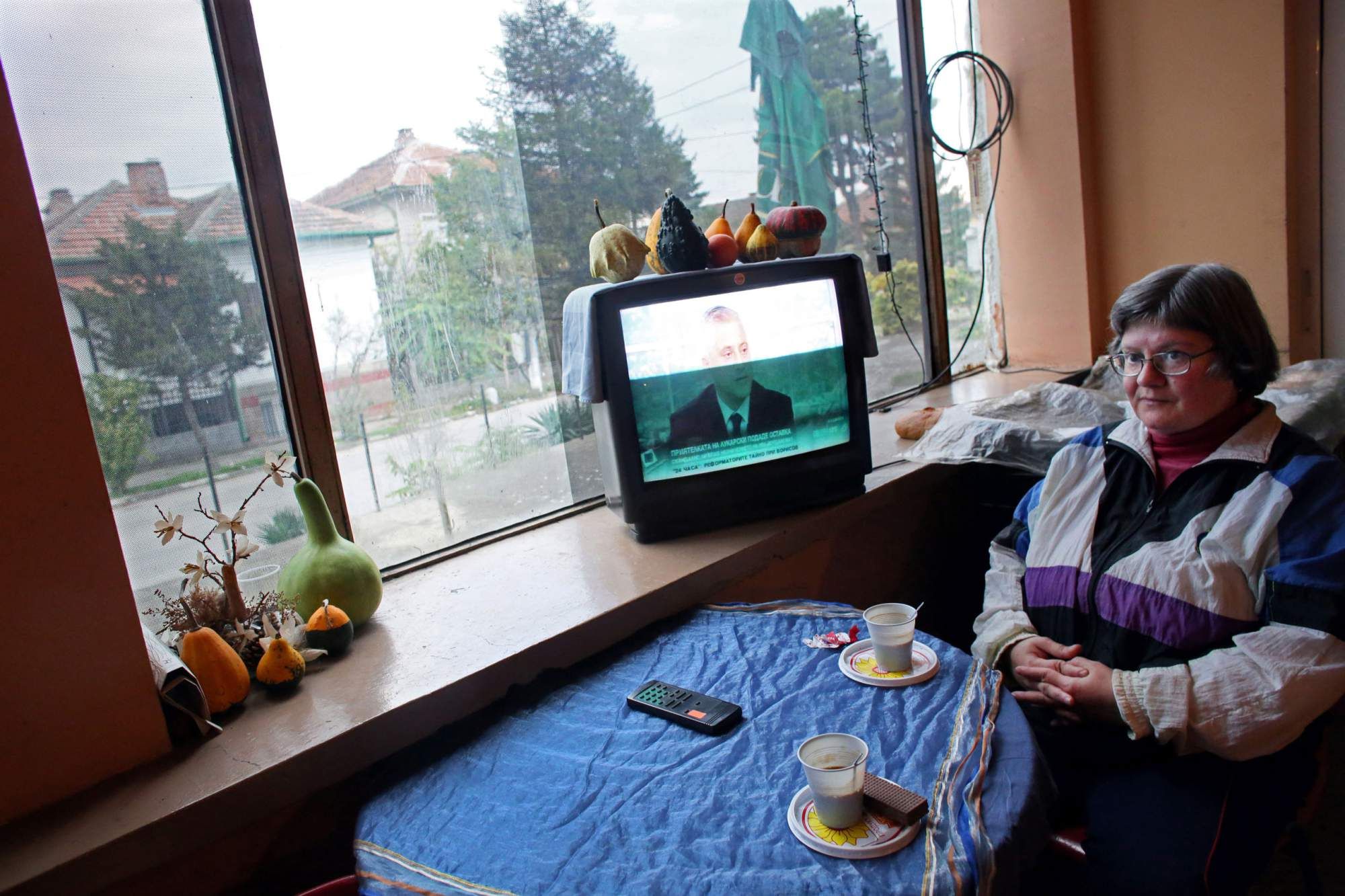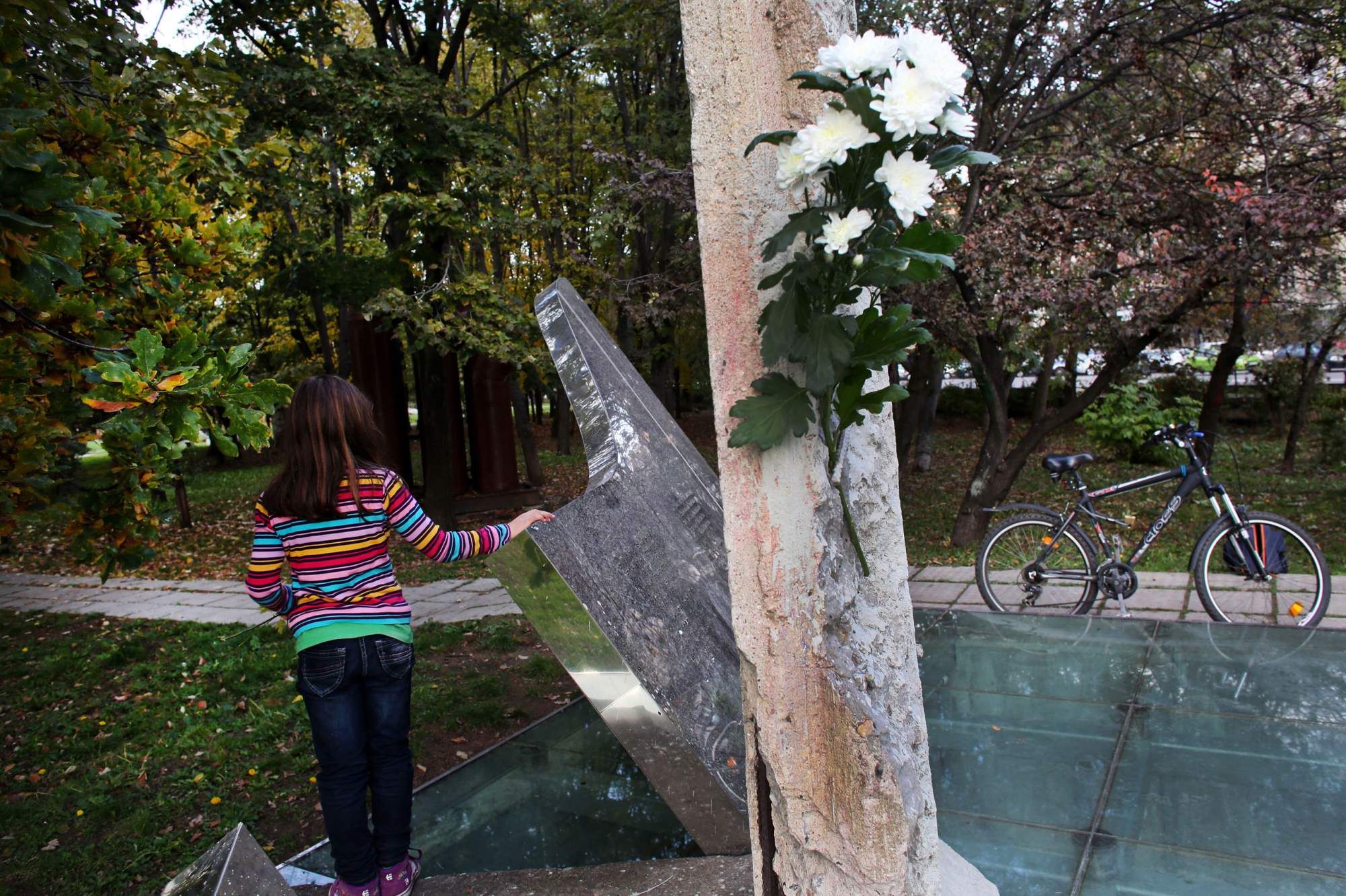Talking politics has always been a part of Yana Paskova’s life. She remembers her family discussing the state of her home country, Bulgaria, on countless occasions during her youth. But the political was also personal: the grandfather had been sent to a political prisoner camp in the 1950s because he didn’t belong to the communist party.
“My grandpa spent five years in this camp. He survived and this shaped the rest of his life,” says Paskova, whose own life would also be marked by the event: after the Berlin Wall fell in November of 1989, her family was granted political asylum in the U.S.
Now, 25 years later, the New York-based photographer has turned her lens on her home country to examine its current political standing. “During my yearly trips to reconnect with my family and the homeland, it pained me to note a weariness, hopelessness and ennui, so standard in the Bulgarian passerby that it becomes routine,” says Paskova, who received funding from the Pulitzer Center to finance her work. “Of course, as a Bulgarian that loves her country, I hoped I’d find a bit more hope and a bit more faith in democracy, and find that the country was working better, but, unfortunately, almost every single person I talked to communicated to me a lack of hope in political leadership and democracy.”
This bleak assessment was particularly apparent when Paskova followed a local political activist who had organized a protest. “No one showed up,” she says. “The conversation I had with him was very revealing. We talked about how democracy is a habit that needs to be exercised, but I don’t think many Bulgarians [are encouraged] to do so, especially when they’ve seen so much corruption, even after the fall of communism.”
For a few years, after Bulgaria’s accession to the European Union in 2007, there was hope for positive change. “[Being in the E.U.] has certainly made trading of goods easier, attracted more investors and brought diversity to the country,” but, she adds, Bulgaria is still plagued by “country-wide corruption, which a recent study by the Sofia-based think tank [Center for the Study of Democracy] found to be at its highest in 15 years, across civil and political sectors.”
“Communism didn’t die in 1989: it lives in people’s minds, surviving political factions and visual remnants across the nation,” she says.
And yet, Paskova remains optimistic: “My hope is in those inside and outside of our country who have the patience and passion to continue rekindling Bulgaria’s democracy.”
Olivier Laurent is the editor of TIME LightBox.
